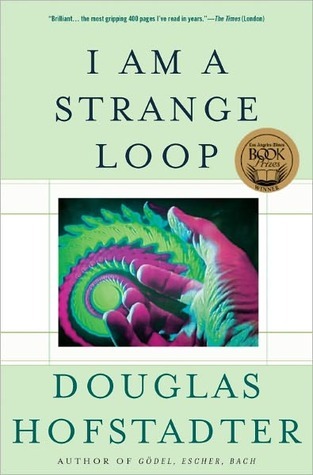More on this book
Community
Kindle Notes & Highlights
What gives us word-users the right to make life-and-death decisions concerning other living creatures that have no words?
Gödel quickly realized that his inchoate
have to explain that I have
Consciousness Explained
There had been a bright shining soul behind those eyes, and that soul had been suddenly eclipsed.
It ain’t the meat, it’s the motion!
When the sun is eclipsed, there remains a corona surrounding it, a circumferential glow.
When someone dies, they leave a glowing corona behind them, an afterglow in the souls of those who were close to them.
Though the primary brain has been eclipsed, there is, in those who remain and who are gathered to remember and reactivate the spirit of the departed, a collective corona that still glows. This is what human love means. The word “love” cannot, thus, be separated from the word “I”; the more deeply rooted the symbol for someone inside you, the greater the love, the brighter the light that remains behind.
Why do I see such unequal treatments by society as tacit distinctions between the values of souls? Because I think that wittingly or unwittingly, we all equate the size of a living being’s soul with the “objective” value of that being’s life, which
“Dear God, protect and bless everything that breathes, keep it from all evil, and let it softly sleep.”
Either we believe that our consciousness is something other than an outcome of physical law, or we believe it is an outcome of physical law — but making either choice leads us to disturbing, perhaps even unacceptable, consequences.
we human beings, more like rainbows and mirages than like raindrops or boulders, are unpredictable self-writing poems — vague, metaphorical, ambiguous, and sometimes exceedingly beautiful.
To see ourselves this way is probably not as comforting as believing in ineffable other-worldly wisps endowed with eternal existence, but it has its compensations.


